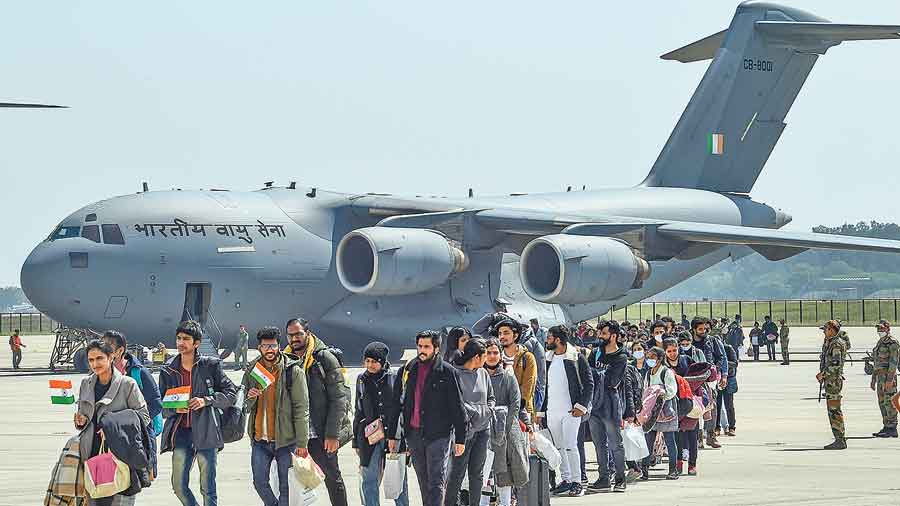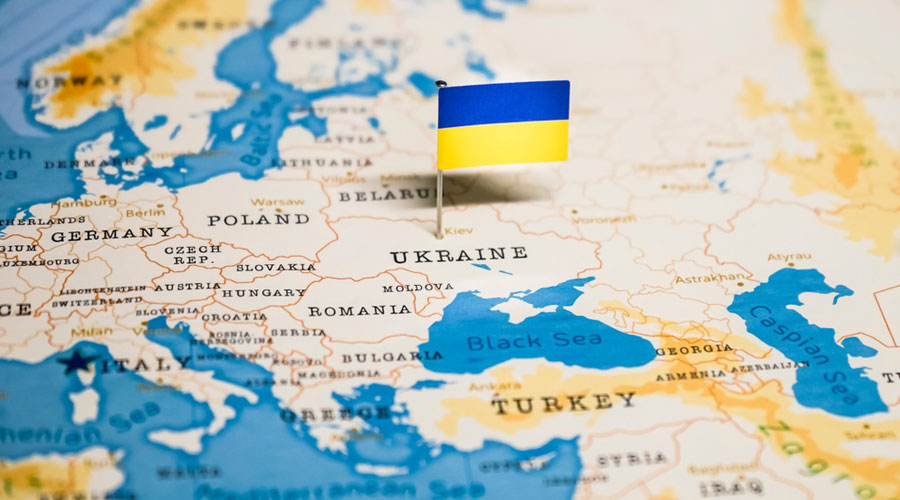The dream to have a doctor at home has not decreased even if an MBBS degree is acquired from a foreign land. Though talent and commitment to the profession are absolute prerequisites, huge amounts of money seem to be coming in between. Candidates who get the degree spending a lot of money may develop a different mindset later which may be detrimental to society. Getting an MBBS degree cannot only be a status symbol today as some would imagine.
It needs to be clearly understood that unlike many other professions, medicine cannot be taught online without patients and hospitals. Also, certain issues need to be explained with clarity:
• There is a reservation system for medical education in India.
• Around 25,000 Indian medical students go abroad yearly.
• China, Russia and Ukraine are the usual destinations for 60 per cent of the students. China alone takes one third of the students.
• In around 284 government medical colleges there are 43,310 undergraduate seats, whereas in 269 private medical colleges, there are 41,065 seats. The number can vary.
• 15.44 lakh students appeared in NEET-UG in 2021, of whom 8.7 lakh cleared. That means only 10 per cent of the qualifying candidates can get an MBBS seat.
• The total cost of a foreign MBBS may be one-third of some of the private colleges in India.
India is expecting to reach 1:1000 doctor-patient ratio as prescribed by WHO by 2024.
Naveen
Naveen Gyanagoudar, a 21-year-old fourth-year undergraduate Indian medical student from Chalgeri village of Haveri district in Karnataka, unfortunately died in Ukraine shelling on March 1. He had left a bunker to buy snacks and exchange currency. He was a student of Kharkiv National Medical University of Ukraine.
After this disastrous event, Naveen’s father Shekharappa, an engineer, and mother Vijayalakshmi made several comments regarding their son’s untimely demise which included:
• Despite scoring 97 per cent in the pre-university course, Naveen could not get a medical seat in Karnataka because of money.
• Medical education abroad is much less costly and Naveen was keen to do MD in India.
• Should the children of lower middle-class families not aspire to be doctors?
• Naveen had planned to set up a clinic at home and expand the house.
• The family had borrowed money from friends as a loan to send Naveen to Ukraine.
• Naveen’s brother is pursuing a PhD in Bengaluru.
• If Naveen could not be a doctor, he would work as a farmer in the village.
Several such questions have been raised which are difficult to answer. After the start of the war, Naveen used to call home four or five times a day. He had stayed back to help junior colleagues and was to leave the day after the war killed him. Many of his friends subsequently marched to the nearest railway station holding aloft the Indian National Flag for proper identification. Such is the situation in this Russia-Ukraine war.
Ukraine
The medical undergraduate degree in Ukraine is recognised by many European countries. However, they have to clear the Foreign Medical Graduate Examination (FMGE) to practise in India, which has a very low pass rate (14 to 20 per cent). Students in Ukraine have to clear KROK 1 at the end of 3rd year and KROK 2 at the end of 6th year to practise in Ukraine. Apparently, the Ukraine Medical University has waived KROK 2 and declared all as doctors this year. Naveen cleared KROK 1 scoring 94 per cent.
The National Medical Commission (NMC) has allowed internships in India once they clear the FMGE. Questions have been raised regarding foreign medical education as the system of teaching and curriculum are different. Those who have cleared NEET-UG and are studying MBBS in India are also important and the standards cannot be diluted. The NMC is expected to consider all aspects before taking a final decision. Some of the medical students are keen to complete their education in other countries of Europe.
Conclusion
The long-standing issues of unaffordability and inequality in medical education need to be settled. Naveen had the talent and commitment, but parents lacked the money required for private medical colleges.
• The government can regulate the fees of private medical colleges.
• The seats in government and private colleges may be increased.
• Provision for talent and commitment should always be there.
Naveen’s parents belong not only to the remote village, but they are also Indian
parents who did the utmost possible. All parents desire their child to succeed at all costs, so was Naveen’s. It is extremely painful for them to ask for Naveen’s mortal remains to be sent to the village. Really unfortunate, but true.
Gautam Mukhopadhyay is secretary of the Bengal Oncology Foundation and clinical director of the department of surgical oncology, Peerless Hospital

